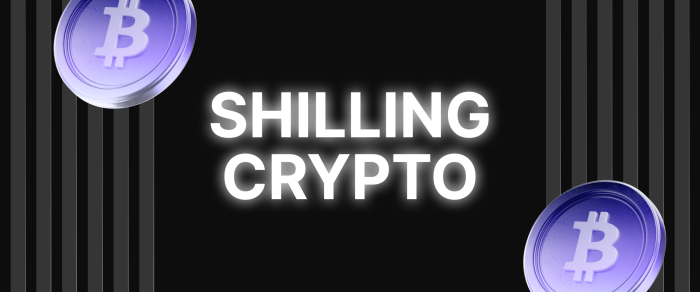New OpenSea’s Policy Changes Raise Concerns Among Its Users
OpenSea’s revisions to its policies are causing a backlash among the platform’s community on Twitter. The verification process, in particular, seems confusing to users. Not so long ago, OpenSea reversed its royalties stance and eventually decided to maintain creator fees on all existing collections.
To understand the context:
In the previous month, the platform almost moved to make creator fees optional for traders while also offering a tool for Ethereum NFT artists to block exchanges refusing to pay royalties. Upon community pressure, OpenSea revised its position and posted a tweet affirming that creator fees would be maintained.
Right now, users are complaining about OpenSea’s discriminatory practice of verifying some accounts and disabling others unfairly.
An OpenSea user named nirozin posted on Twitter that he had all his wallets blocked on the marketplace after trading for millions of dollars and thousands of NFTs over the past two years.
After contacting customer support, he received a response from the OpenSea team informing him that his accounts were found to have breached the company’s terms of service without providing any more details.
The collection of Nirozin is reportedly one of many smaller artists facing verification difficulties.
Several users claim that OpenSea has “stonewalled” verification and manually removes the validation request button for some collections, citing OnChainBirds as an example.
Aside from that, the community is discussing another move announced by OpenSea on Thursday related to creator royalties. Marketplace stated on Twitter that it would hand over ownership of the list of Ethereum NFT trading platforms that have been blocked for not honoring creator fees to a multi-signature group.
The group is called the Creator Ownership Research Institute (CORI), whose members include OpenSea, Nifty Gateway, Zora, Manifold, SuperRare, and Foundation. Blocklisting will be enforced using the “Operator Filter” tool that OpenSea launched last month.
This tool functions on the basis of the Royalty Registry contract, which enables marketplaces to assign royalties to the correct parties fairly. CORI allows contracts that didn’t support on-chain royalties initially to include them simply.
Several users pointed out that it looks like a cartel and instead should be controlled by respectable creators, not by platforms.
Another user warned “that if a sufficient % of the cartel are forced to implement any unpopular feature, they will try to force everyone to do it to avoid other exchanges from taking over their market share.”
According to OpenSea, the company is fulfilling an “existential imperative for the space to preserve creator fees.” The move takes place, however, during a time when NFT platforms face a dilemma between protecting the royalty model for creators of NFTs and keeping their market share and profits high. The company’s experiments with policy changes can come at the expense of clients.
Even so, OpenSea continues to be the most popular Ethereum NFT marketplace. According to the platform’s recent report, OpenSea artists will earn more than $1 billion through secondary sales of NFTs in 2022, excluding sponsorships and incentive programs.



